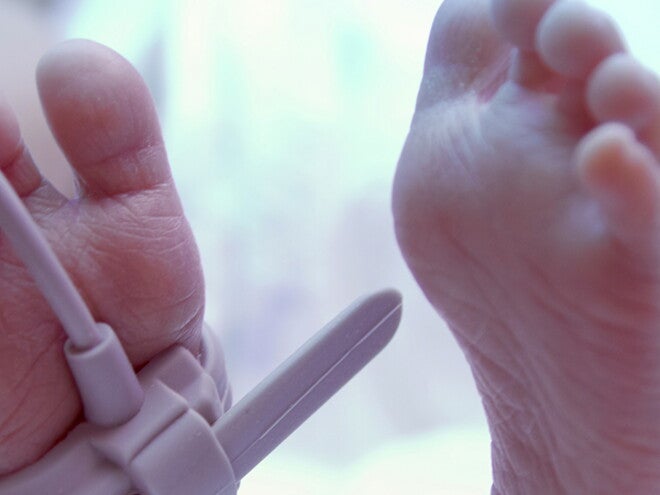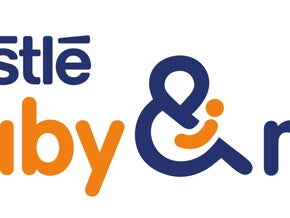
The vast majority of births are uncomplicated, and the babies healthy. However, the shock and emotional trauma of complications cannot be underestimated. You need to understand the complication to come to terms with the circumstances. Communicate frequently with your caregivers and support groups, and read widely on the subject to become as knowledgeable as possible about the specific complication.
Crisis management
Congenital abnormalities
Women at risk of having a congenitally abnormal baby should have genetic counselling.
Premature birth
Babies born between weeks 24–36 are considered premature. About 3–5% of babies are born prematurely, usually unexpectedly. The prognosis for premature babies has, however, greatly improved over the last few years.
Complications
- The younger and smaller the baby, the greater the risk of complications. In most instances your baby will need to be cared for in a neonatal intensive care unit.
- The major problem facing premature infants is respiratory distress. Other problems are temperature regulation, infection and internal bleeding.
Emotional reactions
The birth of a premature baby is often a great shock. Fear for the survival and normality of your baby is usually prominent.
- Communicate with your baby’s caregiver and involve yourself as soon as possible in your baby’s care. Skilled staff cannot take your place as a parent.
- Support groups can provide comfort and reassurance.
Considerations
Baby with a defect
- How serious?
- Is it treatable?
- What are the long-term effects?
- Choices regarding care and treatment?
- Participating in the care of your child?
- Breastfeeding your baby?
- Support of parents in a similar situation?
Baby dies: during pregnancy, during labour or after birth
- Will labour be induced?
- Awake for birth?
- See, hold the baby?
- Baptise?
- A memento?
- Name the baby?
- Recovering in the postnatal ward, elsewhere in the hospital, at home?
- To whom can you turn for support?
- Priest, rabbi or minister to visit you?
- Who will notify your family and friends?
- Support of parents in a similar situation?
- Autopsy to be performed?
- Results of the autopsy?
- Funeral or remembrance service?
Turn to support groups to help you deal with an unexpected outcome.

















